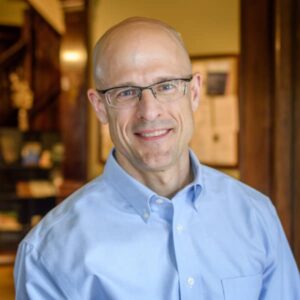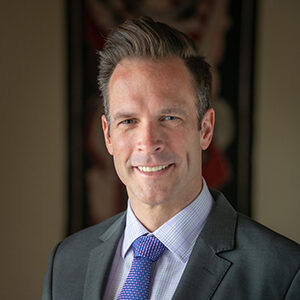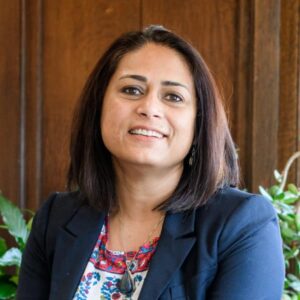
Christopher A. Williams
Professor of Geography
Director of Environmental Sciences
Christopher Williams is a professor of earth system science specializing in terrestrial ecosystems, global ecology, and land surface hydrology. With extensive grant support, particularly from NASA and various NGOs, his Biogeosciences Research Group documents how Earth’s biosphere responds to, and feeds back on, global climate change. His team’s leading science on the climate impacts of forest change is guiding state offices of environment, conservation, and climate in New England and New York as well as conservation and land trust organizations (e.g., The Nature Conservancy, Open Space Institute, and Trust for Public Lands) with decision support for carbon and climate mitigation in natural and working lands. Williams is chair of the science leadership group of the North American Carbon Program, science co-investigator of the Harvard Forest National Science Foundation Long Term Ecological Research program, and science team member of NASA’s Carbon Monitoring System.




